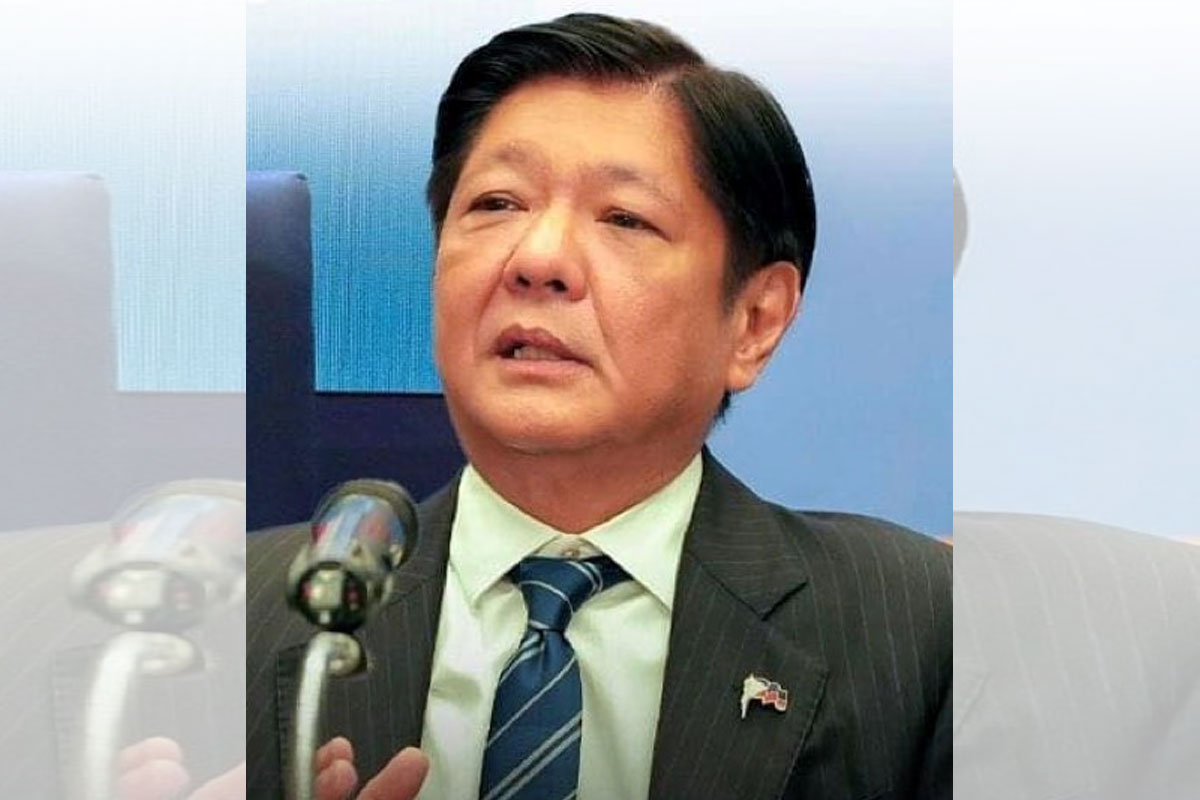
Archnemesis of harm: His other enduring legacy
 It’s Hebrew, it’s from the Talmud. It says, “Whoever saves one life, saves the world entire”. — Schindler’s List
It’s Hebrew, it’s from the Talmud. It says, “Whoever saves one life, saves the world entire”. — Schindler’s List
HE is rounding out a presidency marred by serial accusations of wanton disrespect for life in his relentless, remorseless war on illegal drugs.
The guy is headstrong because he truly believes in the rightness of his mission – spare the nation from the harm posed by dangerous and illegal substances.
In his first national address of the year on January 4, President Duterte vowed to protect law enforcers doing their duty, saying they had a legitimate right to fight back when their lives were in danger.
“I will never, never apologize for the deaths of those bastards,” he said, referring to illegal drug dealers.
The government’s own data showed more than 6,200 drug suspects were killed in anti-narcotics operations between June 2016 and November of last year.
But human rights groups insist the real figure is much higher – from 8,000 to 30,000 — mostly urban poor drug users, including minors.
In September, the International Criminal Court in The Hague, from which Duterte he withdrew the Philippines in 2019, authorized an investigation into Manila’s deadly “war on drugs”, branding it as a “widespread and systematic attack against the civilian population”.
But Duterte may yet finish his term as a champion of life and, yes, an archnemesis of harm.
That is, on another front – the battle against an old scourge, almost as deadly as illegal drugs.
The President can dramatically reduce the smoking problem in the country by making the vape bill his legacy, according to four prominent doctors.
The bill, once signed into law, would provide millions of Filipino smokers a less harmful option to move away from cigarettes, regulate these smoke-free products, and keep them off the youth.
Dr. Rafael Castillo, former president of the Philippine Heart Association-Philippine College of Cardiology and the Philippine Society of Hypertension, said the Vaporized Nicotine Products bill, when signed into law, “will be a historic legislation that will become part of the legacy of the Duterte administration”.
Dr. Dante Dator, former National Kidney and Transplant Institute chief executive officer and one of the country’s leading urologists, said the approval of the VNP bill by Congress is a historic win for public health, as this would substantially diminish the impact of smoking on society.
Dr. Assunta Mendoza, past chairman of the Manila Medical Center’s Department of Anesthesiology, said she has seen countless lives lost due to smoking.
“Every smoker deserves a chance to be given an alternative to be able to stop smoking. I support the government’s move to put an end to the smoking pandemic once and for all through the passage of the Vape Bill,” Mendoza said.
Dr. Lorenzo Mata, Quit for Good president, said the VNP bill, which recognizes tobacco harm reduction as a pragmatic public health approach, “will inform millions of adult Filipino smokers about less harmful alternatives that are available and should be available to them, while the youth and non-smokers are protected”.
The VNP bill seeks to regulate the manufacture, sale, and use of e-cigarettes and heated tobacco products which, according to overwhelming scientific studies, are less harmful alternatives to combustible cigarettes.
The Senate approved Senate Bill 2239 on final reading on December 16 while the House of Representatives approved House Bill 9007 also on final reading on May 25 last year.
“SB 2239 is a big win for public health because we give the 16 million Filipino smokers a chance to stop cigarette smoking, while protecting our minors from using these products as it provides regulation banning the sale to minors and banning the use of flavor descriptors that attract minors,” Dator said.
“It will be the country’s first comprehensive law that will regulate vapor products and provide strict rules on its use to protect minors. It also provides for detailed regulation so that the 17 million Filipino smokers can access these less harmful alternatives,” said Castillo, a top cardiologist at the Manila Doctors Hospital and the only Filipino sitting as trustee at the International Society of Hypertension. He is also past president of the Asian Pacific Society of Hypertension.
“Public health regulators around the world are almost in agreement that vapor product alternatives are less harmful compared to cigarettes and can save the lives of many. This was also affirmed by a scientific study by public health experts in the US led by Dr. David Abrams of New York University that vaping saves lives,” he noted.
Mata, an occupational medicine specialist for over 35 years, said the VNP bill is in line with the THR approach that acknowledges the role of less harmful products in lessening the impact of tobacco on public health.
“This bill offers the Philippines an opportunity to drastically reduce smoking rate which still affects more than a quarter of our adult population. This is why the VNP bill will be a landmark legislation and an important legacy that the current administration can leave for the current and future generation,” he said.
Dator said smoking is a cause of bladder cancer and other diseases.
“As a trained practitioner in urology, I see in my clinical practice that smoking is one of the risk factors of bladder cancer and thus we want smokers to stop smoking. There is also evidence that smoking directly contributes to the onset of erectile dysfunction and not just secondary to its ill effects on the cardiovascular system,” he said.
“The problem, however, is that many Filipino smokers are stubborn and refuse to stop or tried but could not quit smoking. I welcome the approval of SBN2239 as it gives Filipino smokers a less harmful alternative product for the meantime, which hopefully can reduce the health hazards attributable to end the smoking pandemic,” he stressed.
Department of Health data showed that more than 16 million Filipinos adults use tobacco, with the proportion of smokers who successfully quit at only 4 percent. Globally, smoking kills 8 million people a year, according to the World Health Organization.
The vape bill has stringent measures to protect minors from accessing and consuming the vaporized nicotine products. It prohibits use by minors, and the sale to minors, advertising and promotion of vape products within 100 meters of school perimeter and playground. It forbids use of flavor descriptors that appeal to minors in vape products and the display of vape products immediately next to products of particular interest to minors.
Castillo said the bill would also save the lives of Filipino smokers, if they are to quit or switch to less harmful alternatives.
Data showed that a million former Filipino smokers already switched to e- cigs and HTPs.
“Once enacted into law, it will reinforce our concerted efforts to end the smoking epidemic once and for all, and help save countless lives. The potential benefits of saving, or at the very least, enhancing the quality of lives and improving long-term outcomes of smokers with this bill once enacted into Law, is a big opportunity we could not afford to lose,” he said.
Castillo is among the medical professionals who conducted the first local scientific study that concluded HTPs contain less harmful chemicals than cigarettes.
Behold God’s glory and seek His mercy.
Pause, ponder, act, and pray, people.



















